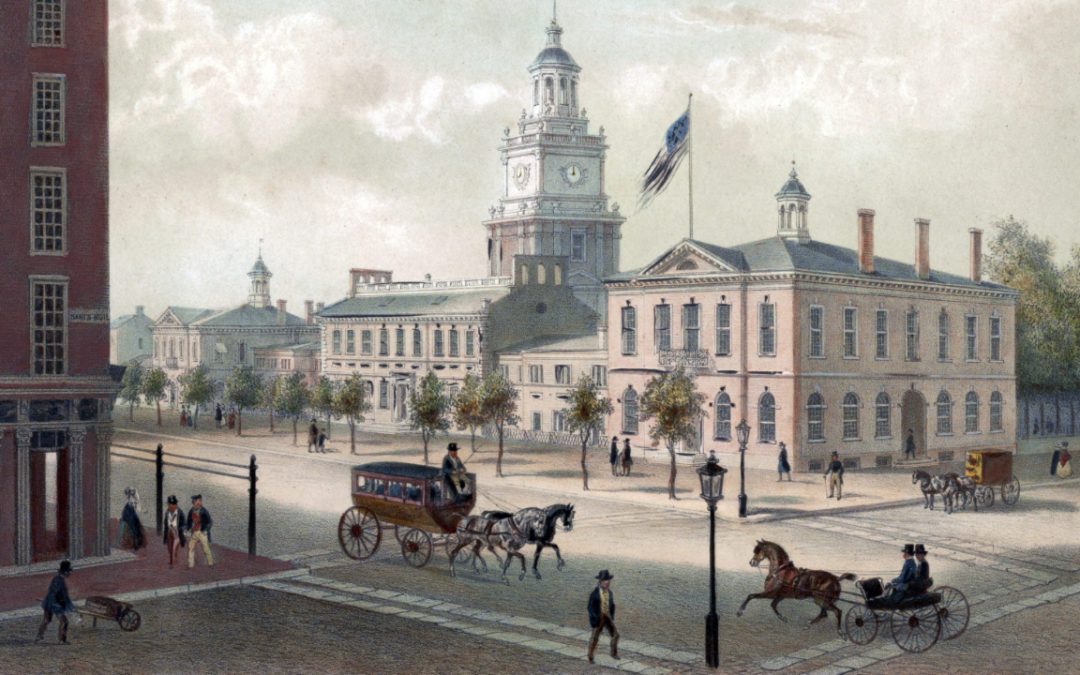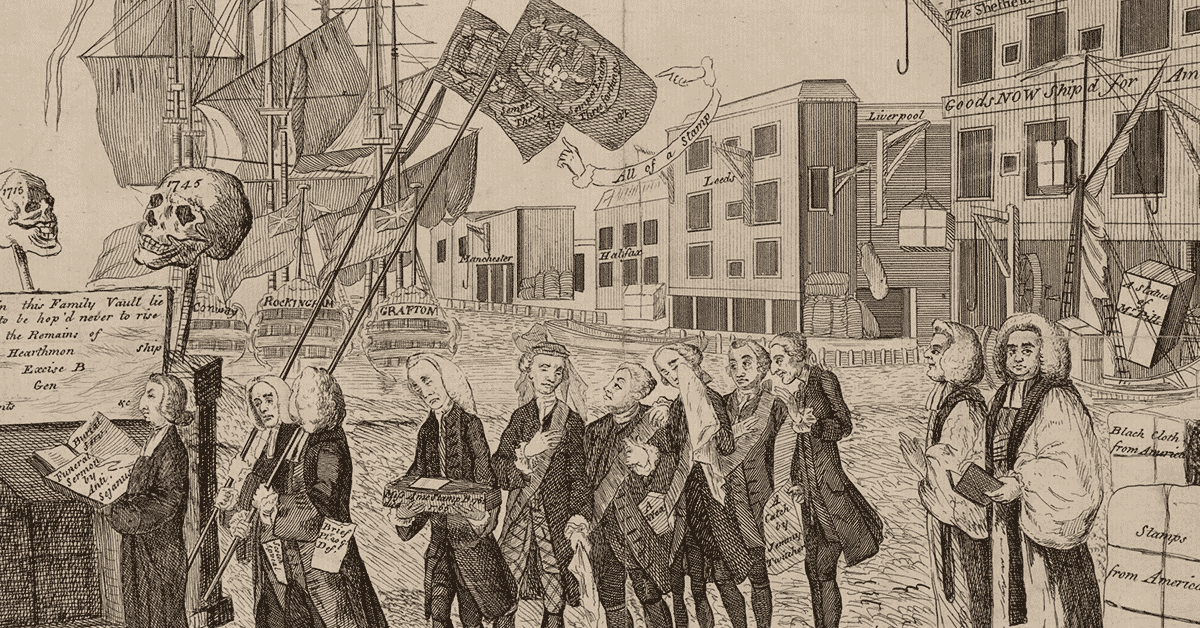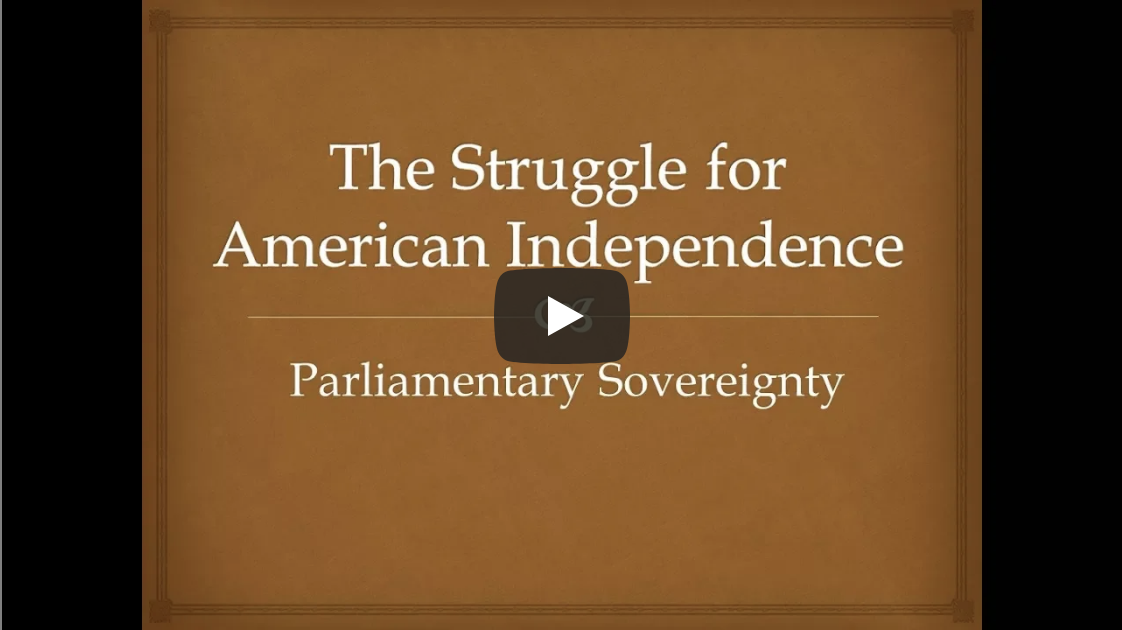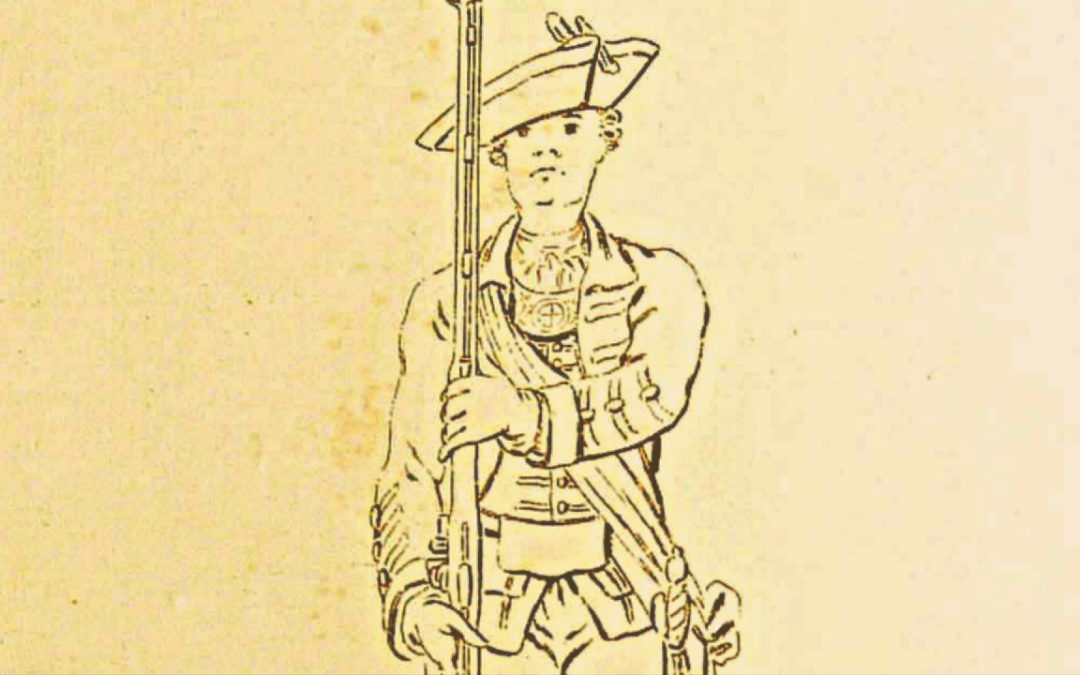


The Stamp Act: A Constitutional Crisis
The Stamp Act was a major source of tension between the British and the colonists in the years leading the start of the War of Independence. The act was part of a broader constitutional crisis between the colonies and England. Echoes of that crisis have reverberated...
The Struggle for American Independence: Parliamentary Sovereignty
In this episode, I cover the Parliamentary Sovereign doctrine and articulate why it is so integral to the entire struggle between the colonies and crown. Taxation was the flashpoint between colonists and the British government, but a deeper issue was underneath ...